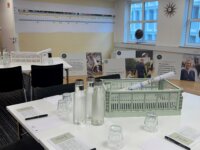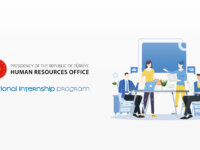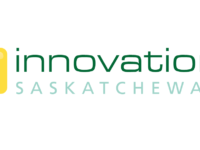This project aimed to translate new legislation on occupational injuries into a citizen-oriented service journey, helping those injured at work to re-enter the workforce through education. Through co-creation, we designed the future customer journey, designing a unified service that involved various stakeholders.
Case Study Library
Where innovations are collected and shared to disseminate and replicate good ideas

Innovations:
0
This website, as well as any data and map included herein, are without prejudice to the status of or sovereignty over any territory, to the delimitation of international frontiers and boundaries and to the name of any territory, city or area.
Senior citizens are often excluded from cultural experiences located inside public museums, for reasons such as physical impairments, institutionalization, or health limitations. The BeauCoup innovation creates multisensory, inclusive technologies using digital and analogue tools to make cultural heritage accessible and engaging even outside the cultural institutions. Local, state, and federal governments that manage museums are involved in the innovation process of barrier-free cultural access.
The Seoul Outdoor Library was created to meet the needs of citizens for their healing and rest in a safe space since COVID-19. As a new approach where the concept of a library space is expanded from being inside a building to outdoors, a space is created to share culture with multiple generations by offering various services for citizens in collaboration with the local community. It is an innovative model where a library is shifted to a social place in which anyone could enjoy the library.
The organization has first piloted and then fully implemented a school educational program on consumer protection, "Young Consumers. The basic rights". The program aims at a proactive approach and early building of awareness on sustainable consumption and consumer rights, include those rights' ecosystem of protection and the milieu within which they are exercised. This innovation reaches out to its target-group and capitalizes on the benefits of physical presence as well as the students' own…
The National Internship Program, coordinated by the Presidency of the Republic of Türkiye Human Resources Office, is a nationwide program designed to assist youth employability and school-to-work transition. It involves all public institutions and voluntary employers with the aim of providing internship opportunities for university students with principles of equal opportunity and merit ensured by its platform. The Program helped and encouraged candidates to engage in activities for their…
The Aao School Chalein (School Enrollment Drive) initiative in Haryana addresses student enrollment challenges through a mrico-improvement (MI) approach and collaborative action. By empowering school leaders, leveraging technology, and using creative strategies to engage various stakeholders, it encourages community participation to boost student enrollment. This approach has the potential for collaborative, scalable solutions in addressing many education challenges, at scale.
In response to Innovation Saskatchewan's call for public sector challenges through its Innovation Challenge, the Ministry of Environment partnered with Prairie Robotics, a Regina-based AI startup, to tackle waste audits. Their AI-powered solution automates waste audit processes, cutting down time, costs, and resources previously required for manual audits. The technology identifies contaminants in recycling streams and tailors educational materials to individual households, enhancing engagement,…
Case Study
Outreach Service For Maternal Care And Stunted Children Semarang City (SANPIISAN Semarang)
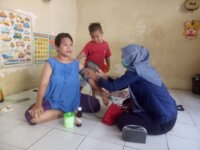
In 2015, Semarang City transformed its passive maternal care system to improving access. This was achieved through proactive door-to-door work, cross-sector collaboration, community involvement, tech use (Sayang Bunda and Teman Bunda apps), and capacity building aimed at women's empowerment, leaders, and health workers. Prioritizing equal rights, the innovation emphasized prevention and comprehensive monitoring, marking a shift from a passive to a proactive healthcare paradigm.
Case Study
Overcoming Complexity in Public Services: Facilitating Access to the Bureaucratic Barriers…
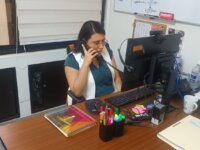
INDECOPI receives over 363 complaints a day. In terms of bureaucratic barriers, last year, 71% of the complaints were incomplete or inaccurate. To address this, we introduced new templates guided by behavioural insights. These templates simplify the process for complainants and change how we request further data from complainants to get us better information and improve the public service by eliminating bureaucratic barriers.
"Påkobla Hjelpemiddel" (PH) is a digital solution developed from a digitalization department in Kristiansund Municipality, Norway. This innovative system addresses challenges in inventory, distribution, and logistics, improving the efficiency of delivering assistive devices. PH will be completed as a system in the end of 2024, but is today used by four municipalities that are a part of the innovation.

